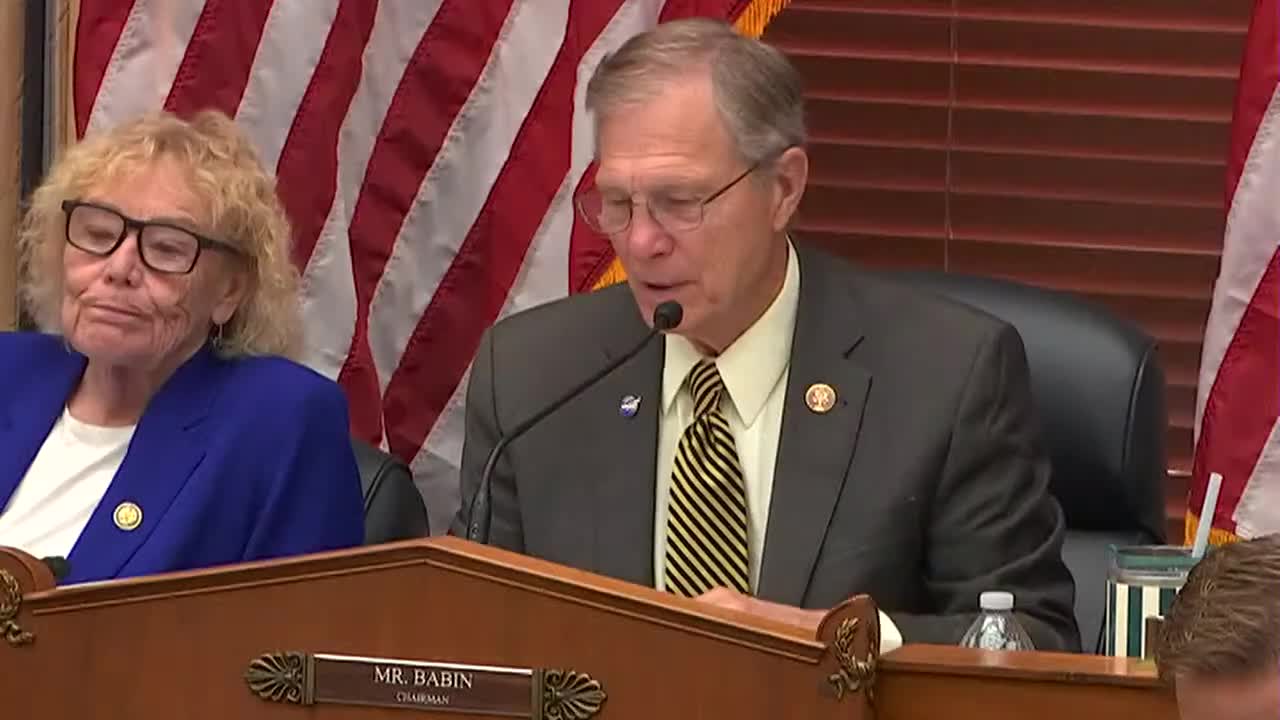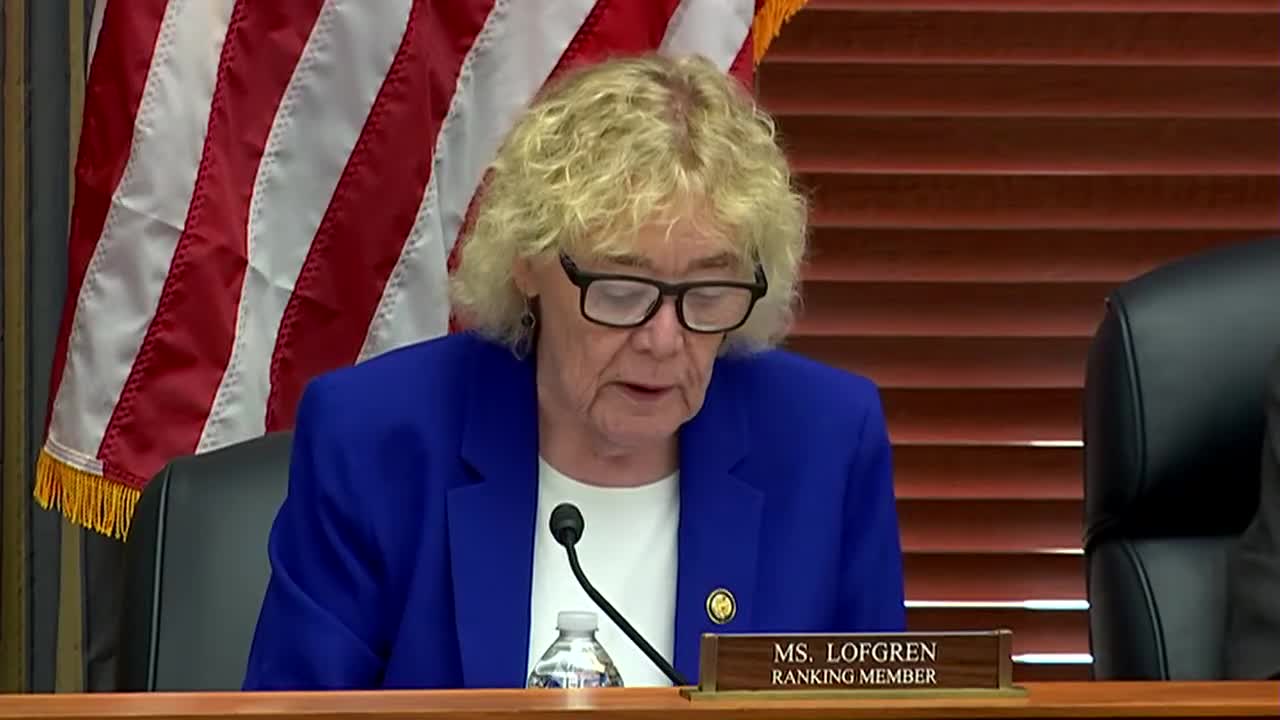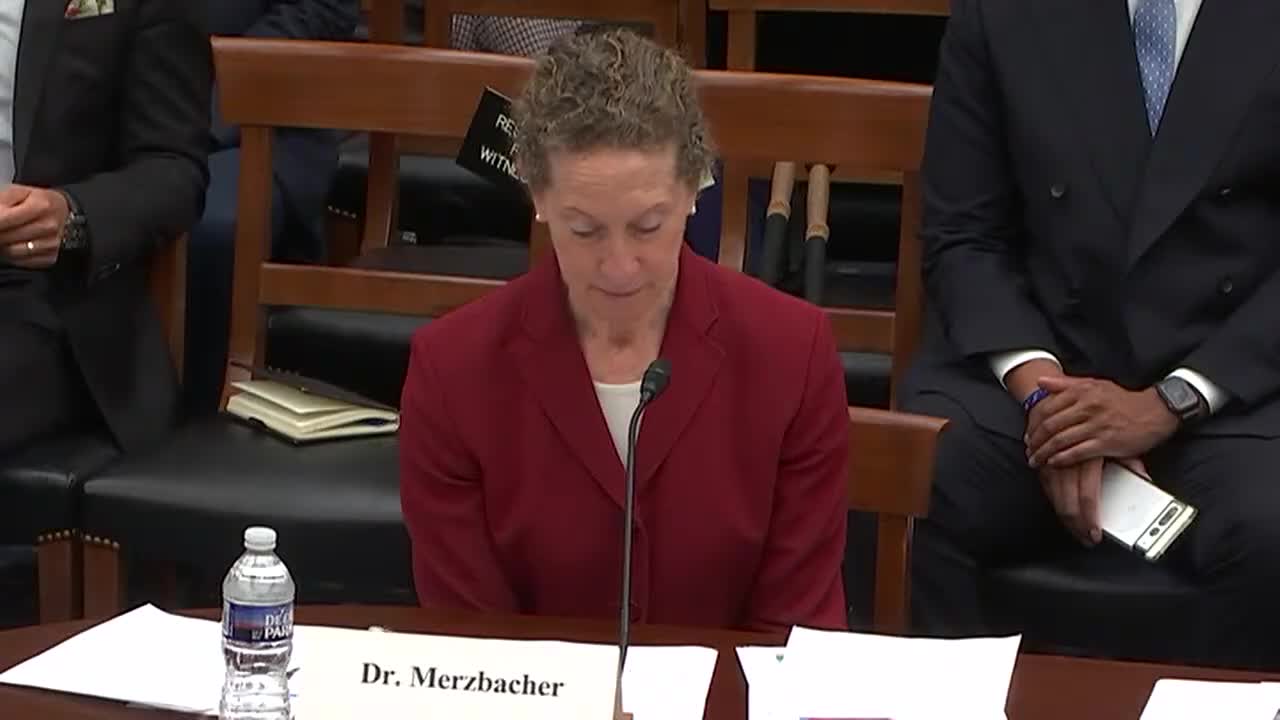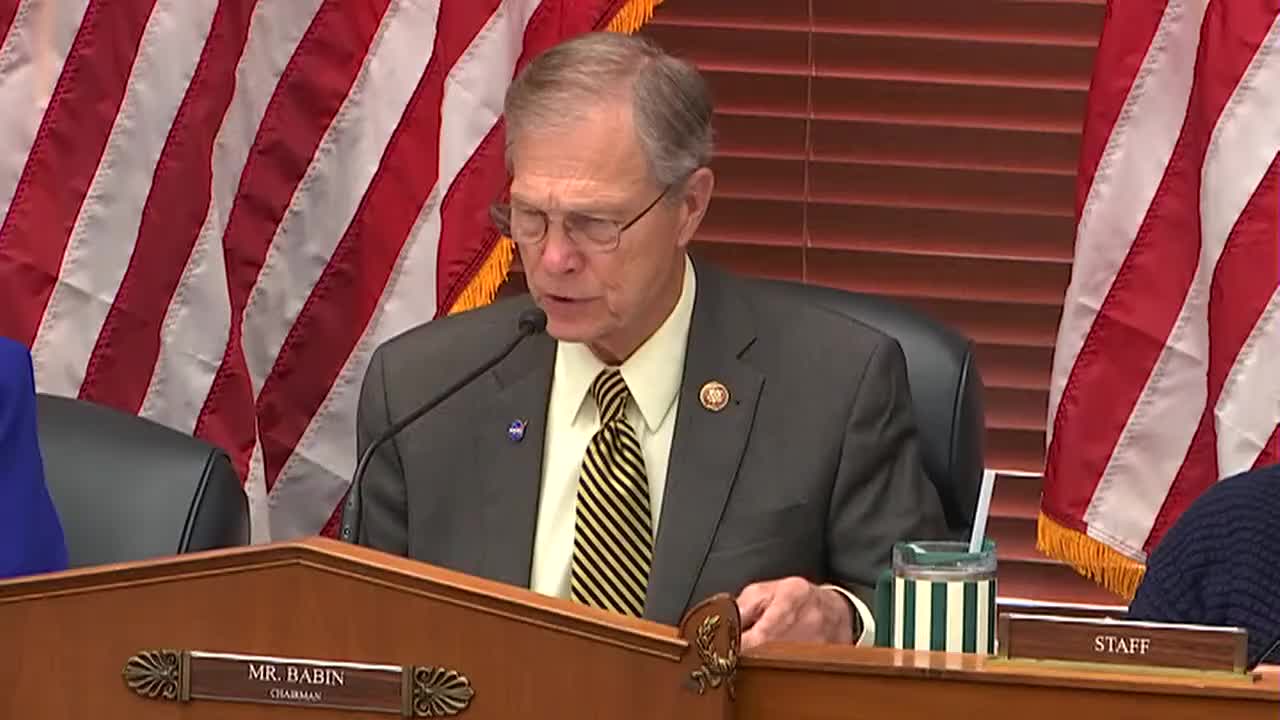Article not found
This article is no longer available. But don't worry—we've gathered other articles that discuss the same topic.

Committee hears national-security warnings: move to post-quantum cryptography and counter global competition

Lawmakers and witnesses warn cuts to NSF grants and STEM programs threaten U.S. quantum workforce

Industry witnesses urge federal purchases, testbeds and funding to move quantum from lab to market

